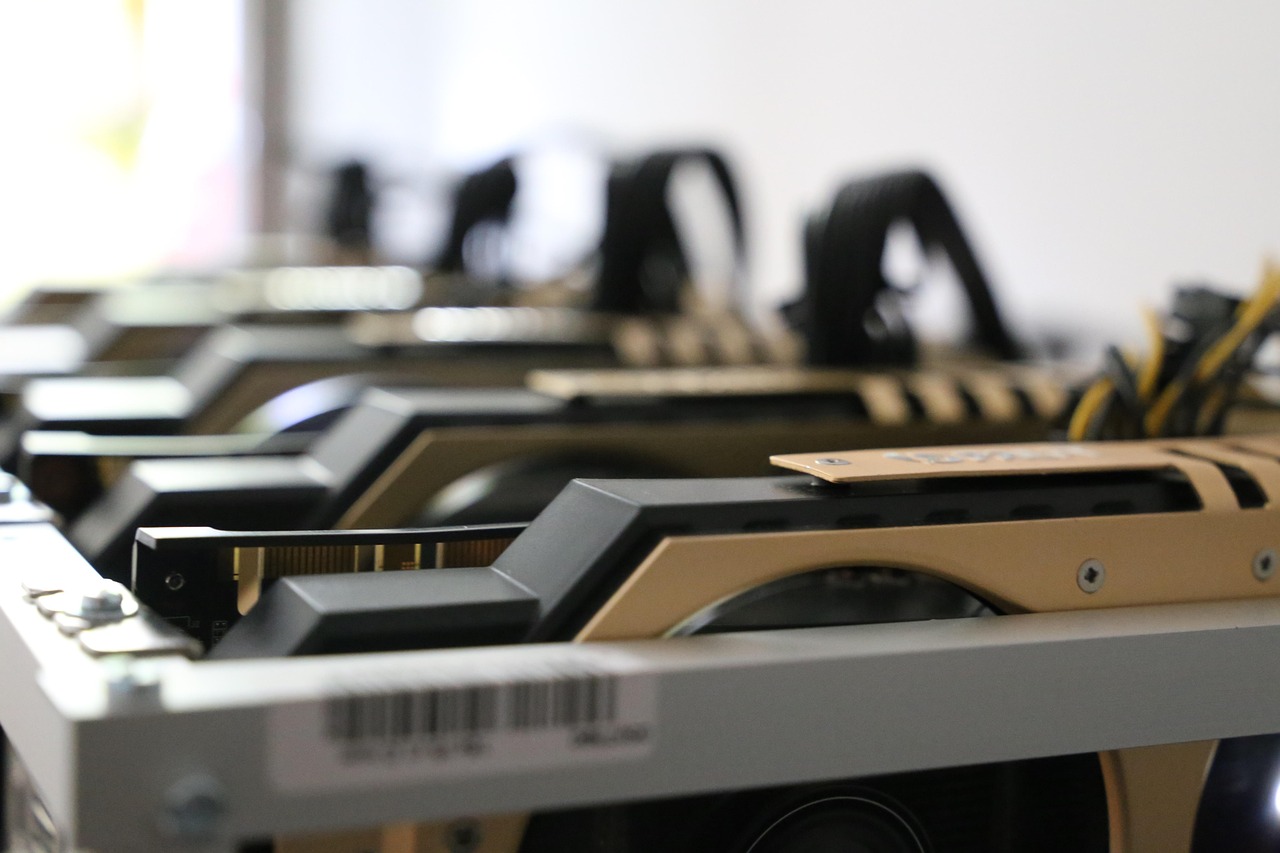Iran’s power grid is under fresh strain as a large-scale boom in Bitcoin mining pushes regulators to hunt down illegal operations, according to statements from local energy officials and recent reports.
Cheap, subsidized electricity and covert hookups have turned parts of the country into a “paradise for illegal miners,” Akbar Hasan Beklou, CEO of the Tehran Province Electricity Distribution Company, said.
Illegal Bitcoin Mines Multiply
According to Beklou, about 427,000 active mining devices are running across Iran, and more than 95% of them operate without proper licenses. That scale of activity is estimated to draw roughly 1,400 megawatts of power round the clock.
These numbers, the officials said, have forced energy firms to step up enforcement and carry out raids in several provinces.
In Tehran Province alone, law enforcement shut down 104 illegal Bitcoin farms in a recent operation and seized between 1,400 and 1,465 machines.
Other statements from utility executives suggest that when cumulative seizures over multiple years are counted, the total may reach into the hundreds of thousands of machines.
Reports have also said that some operations are well hidden, tucked inside factories or connected through forged industrial meters.
Why It’s Happening
Cheap electricity is the main draw. Prices set well below market levels make mining more profitable, even when devices run non-stop. Sanctions and trade limits have also pushed some operators to treat crypto as a way to move value beyond standard banking channels.
Based on reports, both small groups and larger networks have set up rigs to tap into subsidized power supplies, and some farms use industrial connections that are meant for heavy industry.
Officials have described a mixed picture when it comes to enforcement: many illegal farms are being tracked down and dismantled, while other operations may enjoy protection or special access.
Analysts and local sources point to a few entities with ties to state-linked groups that appear to operate at a different scale, complicating uniform enforcement.
Illegal Bitcoin Mining: Crackdown Efforts And Public Pressure
The energy ministry and local utilities have promised more raids and new measures to trace illicit consumption. Rewards for tip-offs and a push to check industrial meters have been reported.
Still, the problem is large, and action has often followed spikes in blackouts or pressure on the grid rather than a steady, pre-planned effort.
Some experts warn that unless pricing and enforcement are adjusted, miners will keep trying to find workarounds. Devices can be moved quickly. They can be hidden in warehouses or hooked to meters that are not regularly checked. That mobility makes the job of regulators much harder.
Featured image from Pixabay, chart from TradingView

Editorial Process for bitcoinist is centered on delivering thoroughly researched, accurate, and unbiased content. We uphold strict sourcing standards, and each page undergoes diligent review by our team of top technology experts and seasoned editors. This process ensures the integrity, relevance, and value of our content for our readers.


























